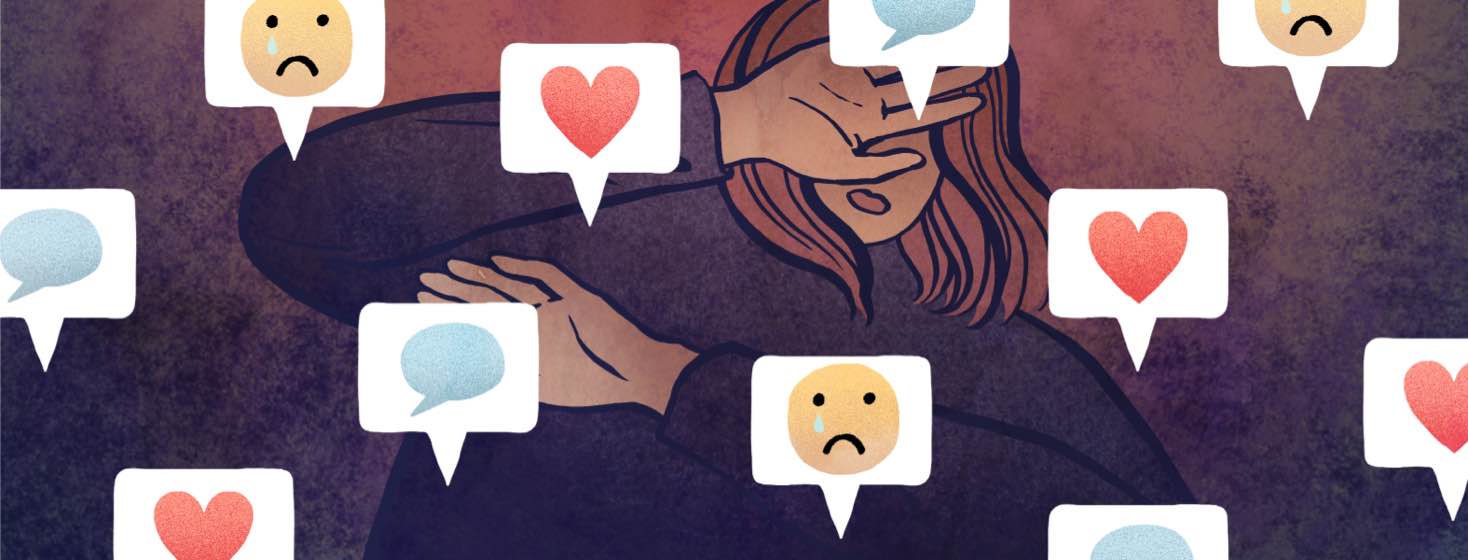What Is Grief Tourism?
Grief tourist: someone who pretends to care about your chronic/serious illness on social media, but never offers their help in any real meaningful capacity. I was laying in my hospital bed waiting for news that my surgery was scheduled. I had just announced publicly 3 days prior that I had been diagnosed with bladder cancer. Telling people beyond the intimate circle of the few family members in the hospital with me was terrifying. I was dreading how people would react and the inevitable influx of questions. I was prepared for the flood of texts and phone calls. I was not, however, prepared to deal with what the Adolescent and Young Adult (AYA) Cancer Community refers to as grief tourists.
It's the people who don't follow through
You may not have heard the term before, but you have certainly experienced these individuals if you are a cancer patient. It's that “friend” who you haven’t spoken to in years that crops up just to tell you how brave you are. Is the people who ask how they can help, but when you ask for a ride to an appointment they never respond. It's the person who offers to meet up for coffee but never follows through. And even worse, the people who share your social media posts or make posts about how strong their “friend” is just to garner likes. A grief tourist quite literally uses your condition, be it for clout or to make themselves feel better. It’s strange, I know. To fathom anyone doing this seems unbelievable, but it does happen.
Set your boundaries
The first time I had someone pop out of the woodwork to essentially interrogate me on my cancer and then promptly disappear, really hurt. But rather than become bitter, I decided to take control of my narrative and set boundaries to keep these so-called grief tourists at bay. That is my best tip for dealing with these kinds of folks. Set your boundaries.
I decide when and how I share my story
Whether you decided to share your cancer journey publicly or keep private, having boundaries in place to protect your mental health is crucial. Although I am a sort of public figure with my cancer journey, I’ve developed firm boundaries when it comes to what and how I share my story. I’m happy to answer a variety of questions regarding my cancer, but I do not allow strangers or friends to use me as a human “100 questions” game.
Communicating my needs
When it comes to those who either make social media posts about me or have been guilty of asking how to help, but not following through, I had to learn to just communicate. In my announcement of having cancer, I specifically stated what kind of support I wanted. I did not want balloons and flowers sent to my home. I didn’t want any kind of fundraiser page or gift baskets. I specifically told everyone that I wanted to be treated as if nothing was different. If we are going to meet up for coffee, it will be as normal friends getting together, not as a cancer distraction. If we are going to have a late-night chat, it will be to talk about work or our dogs, not my cancer. By taking control this way, I really have only had a handful of people provide that very shallow level of support.
What if someone isn't getting the hint?
Let’s say you’ve set your boundaries or told your friends/family how you would like them to support you, but maybe there is still one person who isn’t quite getting the hint. Maybe they are asking too many and too personal questions. They are constantly checking in on you or posting about you, but it feels uncomfortable or insincere. You are allowed to say no. No, I am not going to answer that question. No, I do not want you to post things about me on social media without my permission. Protecting your privacy and mental health is always a priority. Sometimes a difficult no, or even cutting out these types of people can be beneficial even if it is hard.
If you are dealing with a “grief tourist”, just know you are not alone. Although it is a funny nickname, these people are definitely not fun to deal with.

Join the conversation